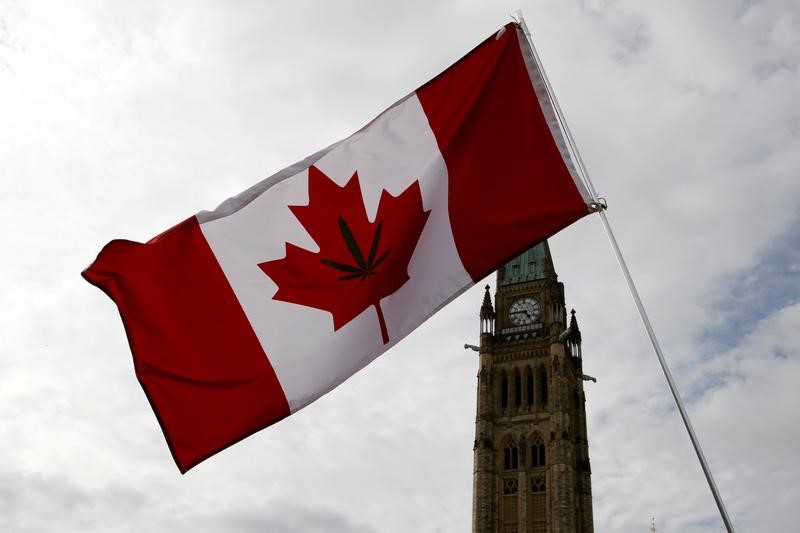By Anna Mehler Paperny
TORONTO, April 20 (Reuters) - Canada's government has pledged to help the province of Quebec cope with a growing influx of asylum seekers crossing from the United States, as officials say the province is reaching "saturation point."
The federal government said this week it will review a breakdown of costs Quebec has incurred as thousands of refugee claimants arrive in need of housing and social support.
Canada also said it will work to divert newcomers away from Montreal, Quebec's largest city, to regions better equipped to welcome them.
"Quebec' resources are at a saturation point," Quebec Immigration Minister David Heurtel told reporters this week. Federal and provincial officials met on Wednesday, and federal ministers said afterward they would take steps to help the province.
More than 26,000 people have crossed the Canada-U.S. border illegally to file refugee claims in Canada in the past 15 months - a dramatic departure from previous years, when so few crossed the government didn't keep track.
The influx has strained Canada's refugee system, worsening backlogs in refugee tribunals and sending aid agencies scrambling. number of border-crossers peaked at 5,712 in August, 2017 and dropped to about 2,000 a month over the winter but has picked up again, with Canadian police intercepting 6,373 in the first 3-1/2 months of 2018.
The vast majority of these refugee claimants crossed into the primarily French-speaking province of Quebec, where the influx sparked political tensions in an election year and backlash from anti-immigrant groups.
But while the federal government pledged to ease the pressure on Quebec, it has yet to find places to send people. Toronto, Canada's largest city, has also been stretched by a refugee claimant influx.
The government must also determine how refugee claimants will travel, and asylum seekers would have to be willing. "We can't tell people where to go," said Mathieu Genest, a spokesman for federal Immigration and Refugees Minister Ahmed Hussen.
Heurtel said the steps were in the right direction.
The most recent arrivals have been predominantly Nigerian, many of them with valid U.S. visas, Genest said, suggesting they were using the United States as a transit point.
Canadian officials have been in touch with their U.S. counterparts about this, Genest said.
"If someone is using the U.S. as a conduit to get to Canada it means that they are not using the visa for what the visa's intended for."
